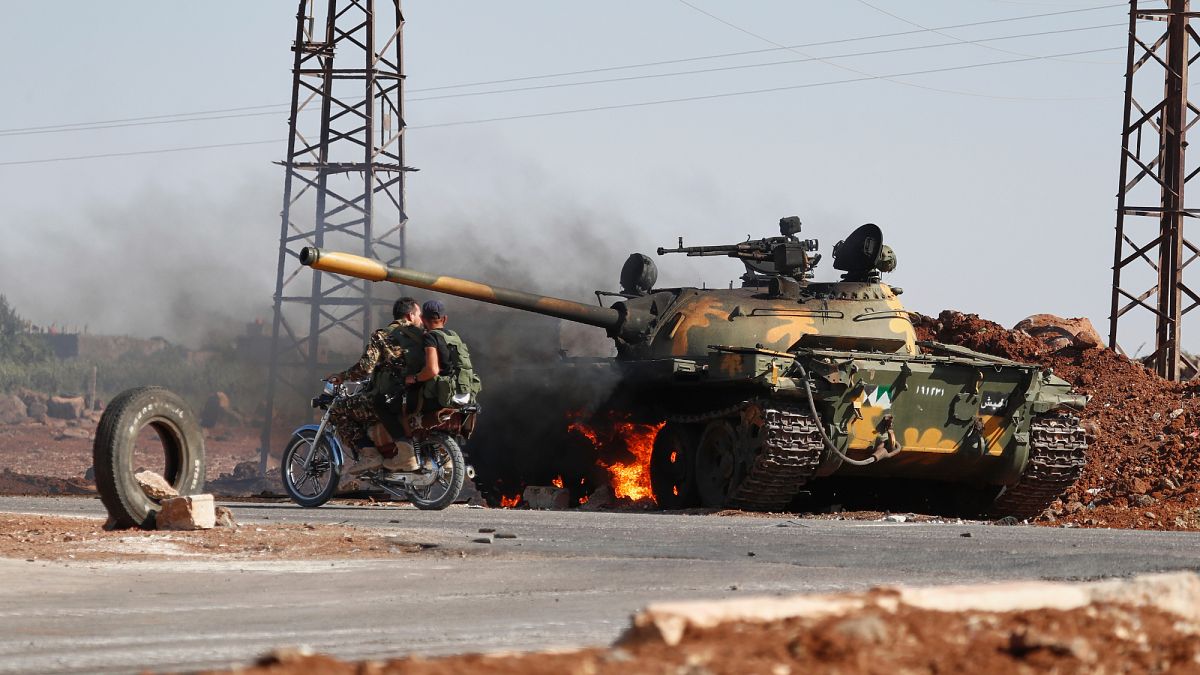

In recent days, a series of intense events have unfolded across the Middle East, reflecting ongoing challenges and complex dynamics in the region. Let’s explore the key highlights with mindful clarity and focus on understanding the broader context.
In southern Syria, an outbreak of violence has been reported following a clash between government forces and local militia groups. This conflict has particularly involved the Druze religious minority and Sunni Bedouin tribes, escalating into a concerning series of tit-for-tat kidnappings, which ignited the unrest. Efforts by government troops to restore order have resulted in further clashes, which have claimed at least 30 lives. In an intensification of tensions, Israel’s military has claimed responsibility for targeting Syrian military tanks in the region, an action taken to address the escalating conflict. The Druze are an ethno-religious group, while the Bedouin are traditionally nomadic tribes, and their interactions in this region continue to be shaped by historical and sociopolitical contexts.
Meanwhile, in Sudan, the paramilitary Rapid Support Forces (RSF) have been accused of carrying out devastating raids in the North Kordofan state. Reports indicate nearly 300 people were killed, with local activists highlighting the targeting of villages that were devoid of military objectives. This violence in North Kordofan represents a significant humanitarian crisis amidst the wider civil war racking Sudan since April 2023, affecting countless communities across the nation. The RSF has been locked in a power struggle with the Sudanese army, intensifying the strife and hardship faced by civilians caught in the crossfire. The civil unrest in Sudan underscores deeper grievances rooted in political and ethnic divisions, a persistent challenge for the country’s stability.
Over in Gaza and the Israeli-occupied West Bank, the Israeli military’s operations continue to have significant humanitarian repercussions. Gaza’s health ministry has reported that the overall death toll due to Israeli attacks has exceeded 58,000, a staggering figure that includes a substantial number of women and children. The recent strikes have led to further fatalities, including tragic incidents where a single strike near a water collection point led to the loss of 19 lives, six of whom were children. The military has suggested that technical errors led to this unfortunate outcome, which they are currently investigating.
In the West Bank, other instances of violence have further exacerbated tensions. The deaths of a Palestinian-American man, Sayfollah “Saif” Musallet, and his friend, Razek Hussein al-Shalabi, both victims of violence involving Israeli settlers, have sparked renewed calls for accountability and justice. These developments underscore the underlying tensions in the region and the pressing need for pathways toward reconciliation and peace.
As the situation remains fluid, stakeholders are encouraged to maintain vigilance and advocate for diplomatic resolutions, focusing on de-escalation efforts that prioritize the well-being and dignity of all affected communities. In these challenging times, maintaining a mindful perspective can guide meaningful conversations that foster understanding and a shared commitment to lasting peace. This approach is essential as the international community and regional actors continue to navigate the complexities of the Middle East. Amidst these unfolding events, the resilience of affected populations stands as a testament to their enduring hope for stability and peace.
Source: {link}
